Biology Research & Theory
in a
Unique BioResearch Community
and application opening soon
 ABOUT
ABOUT
the biological sciences alongside passionate peers.
ABOUT US
Since our inaugural program in 2017, BioResearch Academy’s mission has been to enlighten young, motivated biological scientists on how to think creatively about research problems. It aims to inspire the next generation of researchers through transformative instruction and social learning within an intimate community of like-minded peers.
Our program
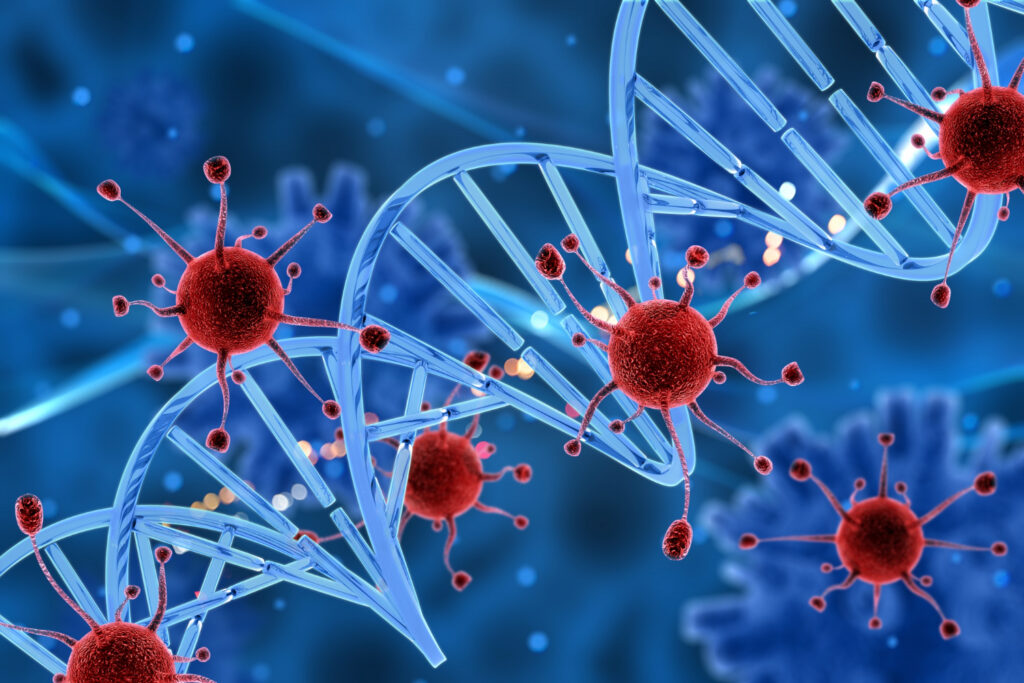
Curriculum
In the classroom, students develop an understanding of a wide range of experimental methods and ability to interpret complex experimental data. In the laboratory, students conduct research to hone problem-solving skills and original thinking around experimental design challenges, real data, and interpretable results.

Practical Applications
To achieve in biology competitions:
- Theory Competitions: Biology Olympiad (USABO, IBO, etc)
- Research Proposal Contests: MIT THINK Scholars Program, etc
- Research Fairs: Regeneron ISEF, etc
- Stand out in university research internships
- Excel in rigorous research camps
- Devise original research project

A Unique BioResearch Community
Curious students don’t learn from instructors or curriculum alone. Social learning with intellectual peers is a critical part of discovery. The BioResearch Program gathers students interested in biology to learn from collaborators who will inspire, challenge, and bond with each other. Whether your interest is in biology competitions, conducting your own research experiments, or unyielding reading into biology topics, if you have a certain curiosity for molecular and cellular biology, you will find an intellectual incubator like no other here. Come celebrate the joy (and hard work) of discovery with us!
Porno gratis, filmexxx, xxxporno 4k cu futai si sex gratis online https://zzzporno.org/porno-cu-pizda-tanara-adorabila-si-sexoasa/https://zzzporno.org/curvy-blonde-wife-incearca-un-dildo/https://zzzporno.org/porno-cu-mama-si-fiica-futute-tare-de-un-barbat/https://zzzporno.org/un-mos-pulos-ia-pastile-sa-isi-futa-bine-nepoata-in-pizda/https://zzzporno.org/sex-in-hotel-de-lux-in-toaleta/https://zzzporno.org/cea-mai-noua-pozitie-de-futut-pe-la-spate-sex-cu-blonda-fututa-pe-bicicleta/https://zzzporno.org/sexul-in-filmele-porno-este-real-si-incurajator/https://zzzporno.org/lesbiene/

Location
As a fully immersive residential program, BioResearch Academy has carefully selected the location and air-conditioned residential facilities near the Charles River in central Boston. The students will benefit from two campuses centrally located in Boston, the biological sciences capital of the world, with proximity to recreation, restaurants, and world-class institutions:
- Harvard Medical School, Dana Farber Cancer Institute, Boston Children’s Hospital, Merck Research Labs (Longwood Area)
- Fenway Park, Back Bay Fens (park greens & gardens)
- Harvard University and MIT in Cambridge
Core Curriculum
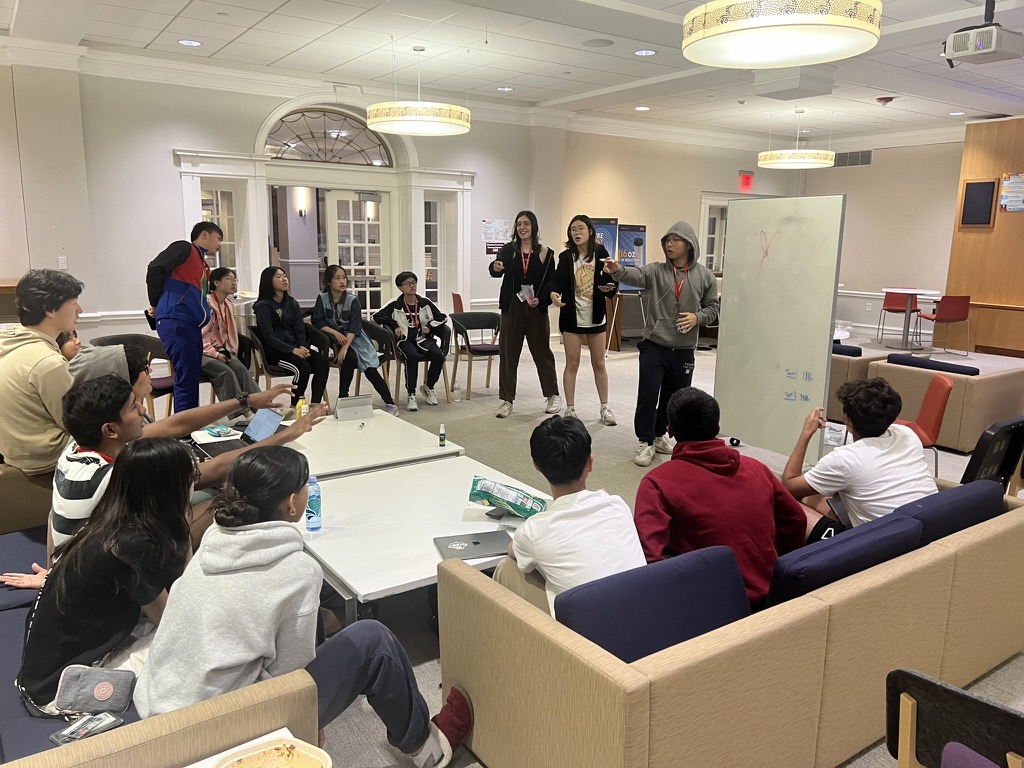
Education Need
As a pioneer in advanced biology research for secondary education, BioResearch Academy addresses gaps in the early cultivation of essential skills for experimentation excellence. Great emphasis is rightfully placed on the value of transferable skills in the liberal arts, yet more attention can be given to the development of creative, reasoning, and communication abilities for advanced biology research starting at the high school level. This is due to a confluence of factors: the physical nature of laboratory research, the barriers of access to sophisticated equipment, the challenge of finding topical experts as mentors.
Even at the undergraduate and graduate levels, biology research education can be haphazard. There lacks a framework for systematic, consistent development and evaluation of biology research skills. Therefore, just as certain math programs train students to think deeply through a series of difficult problem sets, the BioResearch Academy brings intentionality and rigor to the training of the mind for biology research.

Learning Objectives
Learning to think like a (creative) scientist: To understand how to think like a scientist, we will study how scientists describe their experiments in original research articles. We will focus specifically on classic research papers that teach the ‘art and logic’ of experimental design. What is experimental design? In your science classes, you’ve been introduced to the idea of ‘experimental constants’, ‘variables’ and ‘controls’. What is also very important to successful research is to ask the right questions, questions that are interesting and practical (e.g. answerable). It is also important to learn to observe and ‘see’ a set of facts clearly.
Understanding advanced technology: Science goes forward hand-in-hand with the development of new technological tools. By analogy, if you want to build a house, you would make a plan that considers what tools you have. Sometimes, if you want to build something, you have to invent the tools to do it. Similarly, the design of an experiment is based on the technological tools that can be used. Often researchers invent new technologies in order to answer their biological questions. You will see this clearly in the experiments we will do. Our readings and discussions will emphasize the connections between research tools and progress in understanding Nature.
Experiencing the excitement and frustration of research: We plan to do experiments for which the results are not known. That means we don’t know what we might discover or even whether the experiments will work, in a technical sense. Getting experiments to work often comes after attempts that fail and repetition (with adjustments). Since we have a limited amount of time to work in the lab., we can hope to make an exciting discovery but must always be prepared for frustration and having to try again on another day.
Porno gratis, filmexxx, xxxporno 4k cu futai si sex gratis online https://zzzporno.org/porno-cu-pizda-tanara-adorabila-si-sexoasa/https://zzzporno.org/curvy-blonde-wife-incearca-un-dildo/https://zzzporno.org/porno-cu-mama-si-fiica-futute-tare-de-un-barbat/https://zzzporno.org/un-mos-pulos-ia-pastile-sa-isi-futa-bine-nepoata-in-pizda/https://zzzporno.org/sex-in-hotel-de-lux-in-toaleta/https://zzzporno.org/cea-mai-noua-pozitie-de-futut-pe-la-spate-sex-cu-blonda-fututa-pe-bicicleta/https://zzzporno.org/sexul-in-filmele-porno-este-real-si-incurajator/https://zzzporno.org/lesbiene/
Research
BioResearch Academy brings carefully selected advanced experiments to the student lab bench. The result is a uniquely accelerated and intensive research experience. The research is conducted at the cutting edge of science in the field and performed in small groups to optimize learning and progress. The rigor of experiments is equivalent to, and in certain ways may exceed, a traditional research internship under the guidance of Dr. Kunes as a principal investigator.
We believe great things happen when passionate individuals work together on hard problems.
I. Memory and Alzheimer's Disease
II. Anesthesia and Consciousness
III. Histone Deacetylase (HDAC) and Cancer
Examples of Past Experiments:
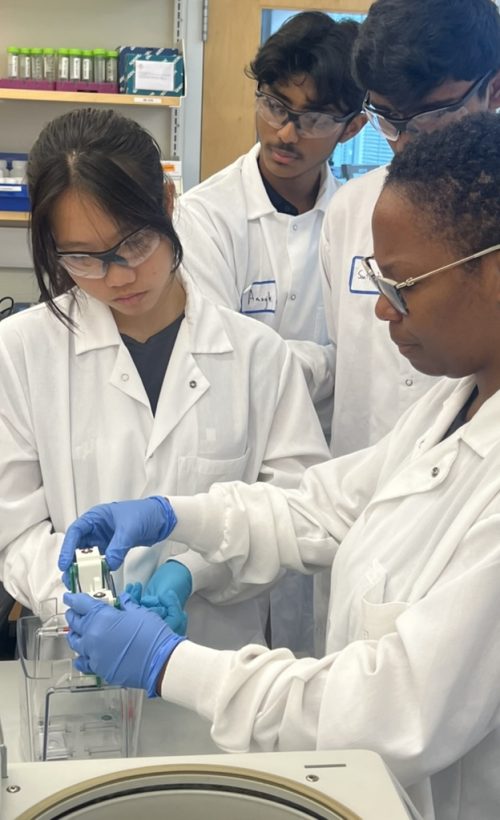
A single protein known as the Amyloid Precursor Protein (APP) is both required for the formation of memories and involved in Alzheimer's Disease, known for the loss of memories. We believe it is important to understand how the APP protein is involved in memory formation in order to discover its contribution to disease. Students used high throughput RNA sequencing to uncover how fragments of the APP protein regulate gene expression. They used confocal fluorescence microscopy to observe that the APP protein is normally located at the synapses between neurons. Interestingly, the APP protein is cut into specific pieces as memories are formed. Further research aims to understand the functions of these specific APP fragments in the normal brain and how they may be involved in Alzheimer's Disease.
I. Memory and Alzheimer's Disease
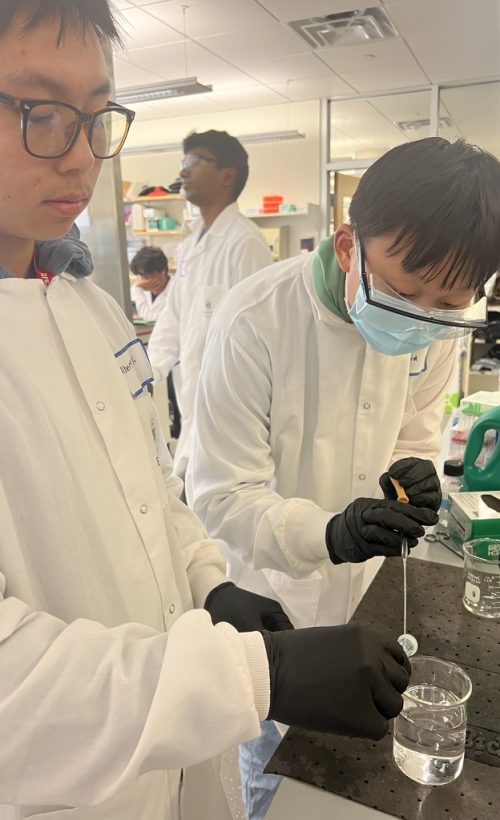
Students explored the nature of unconsciousness and how it is produced by anesthetics. By studying the communication between neurons in the brain of a small fish, the larval stage zebrafish. We studied how anesthetics change their behavior, including rendering them unconscious, and then examine how this is correlated with changes in the communication between neurons in the brain.
II. Anesthesia and Consciousness
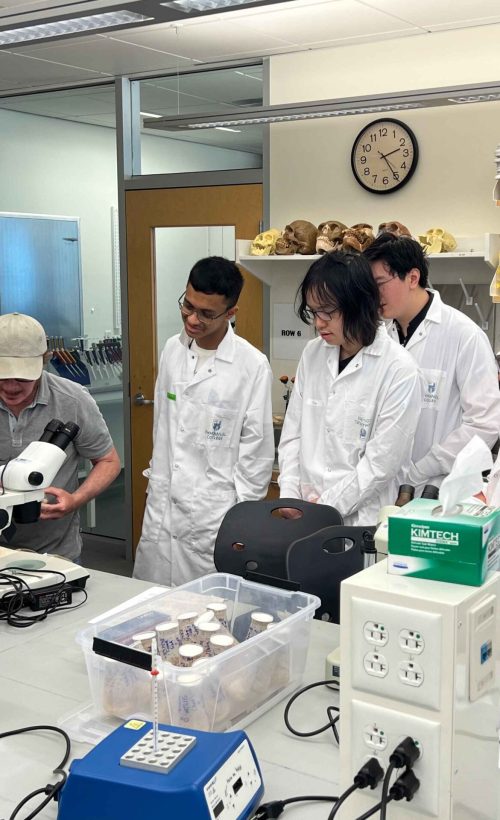
It has been found that the control of gene expression by the packing of DNA into chromatin is often abnormal in cancer. The enzyme HDAC is often over-active, resulting in ‘hypo- acetylation of histones in cancer cells. This leads to a number of changes in gene expression, in particular in the expression of genes that lead to some of the deadly properties of cancer cells, such as rapid cell division and loss of a cell’s normal identity. In this project, students worked with new chemical compounds that interfere with HDAC, and determined if they reduce the growth of cancer cells”
III. Histone Deacetylase (HDAC) and Cancer

I. Memory and Alzheimer's Disease
A single protein known as the Amyloid Precursor Protein (APP) is both required for the formation of memories and involved in Alzheimer’s Disease, known for the loss of memories. We believe it is important to understand how the APP protein is involved in memory formation in order to discover its contribution to disease. Students used high throughput RNA sequencing to uncover how fragments of the APP protein regulate gene expression. They used confocal fluorescence microscopy to observe that the APP protein is normally located at the synapses between neurons. Interestingly, the APP protein is cut into specific pieces as memories are formed. Further research aims to understand the functions of these specific APP fragments in the normal brain and how they may be involved in Alzheimer’s Disease.

II. Anesthesia and Consciousness

III. Histone Deacetylase (HDAC) and Cancer
Photos
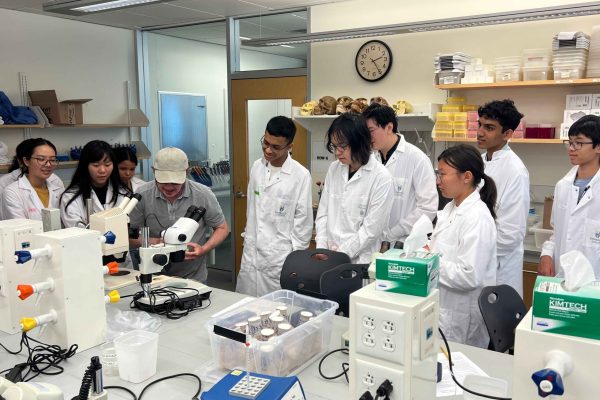



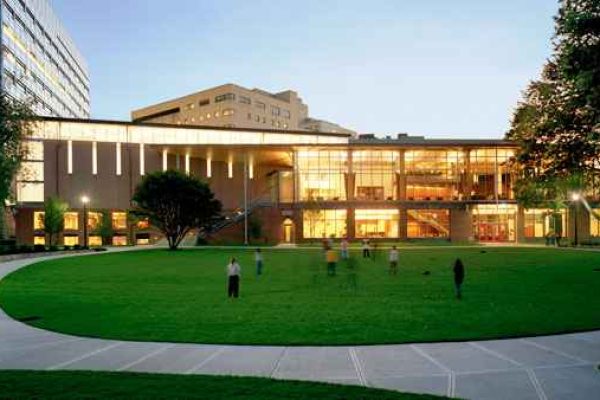
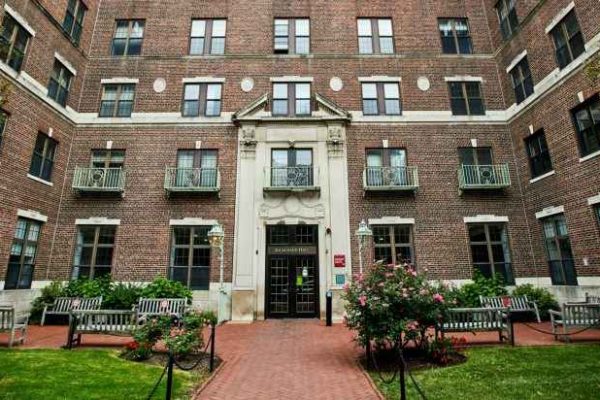

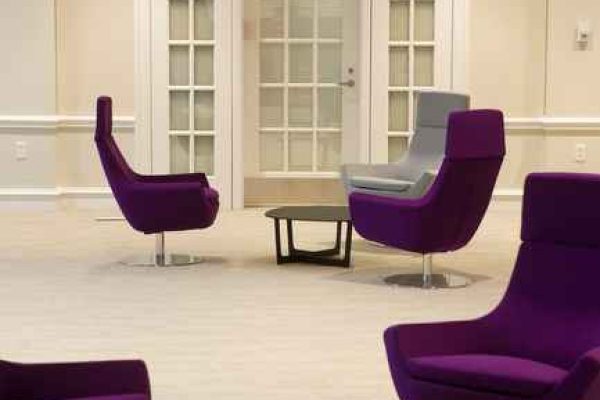


TESTIMONIALS
I will never forget the experiences I gained. The connections I made will truly last forever, and I look forward to using my experience at the BioResearch Academy in my future endeavors.
The research fellows were very interesting to learn from and have a scientific conversation with. The community was fantastic and intellectually supportive, and I made some very close friends and lifelong memories through this experience.
BioResearch Academy truly changed the way I think about biology, research, and teamwork. Instructors didn't just give us information - they taught us how to think. I strengthened my understanding of teamwork and communication through group research projects and discussions.
BioResearch Academy synthesized text-based learning and firsthand experiences through classic papers and intensive lab work. I found this teaching style to be much more effective and exciting, fueling my passion for biology and the research process.
As a Mongolian who had competed in IBO, I applied to BioResearch Academy expecting tons of lab experience and fun discussions on interesting research topics. I got more than what I anticipated.
As a contestant of national biology competitions in China, I find the biggest difference in BioResearch Academy is the emphasis on independent thinking and project cooperation. The faculty team and peers encouraged me to explore the unknown continuously and vastly improved my ability for scientific thinking.
The faculty were inspirational, humorous, down-to-Earth people
Whenever we had any questions about either the lessons in the curriculum or subjects outside the class, faculty were willing to explain things to us clearly and patiently. They also provided us lots of useful research websites, which considerably helped us, as aspiring researchers, to gain a better understanding of complex ideas.
Since students come from different backgrounds and with various levels of biology knowledge, I learned from my classmates as much as from teaching assistants and faculty, and built deep friendship with them. The experience was very memorable, not only in daily lectures and discussions, but also group activities, such as experiencing new technology, communicating with professors, and exploring the city.
BioResearch Academy empowered me with the insight of modern technology and the practical chance to employ those experimental methodologies to investigate real life problems. Deeply understanding mechanisms helped me to better design future experiments and combine various equipment to increase efficiency.
FOUNDERS

Prof. Kunes has been on the faculty of Harvard University for thirty years, where he teaches courses in cell biology and neuroscience. His research is in the fields of neural development and memory. Prof. Kunes has many years of experience in high school education, helping multiple generations of high school students achieve their educational goals. He is passionate about inspiring young scientists to develop creative problem solving skills to make greater future contributions to society through research.
Dr. Sam Kunes
Program Director
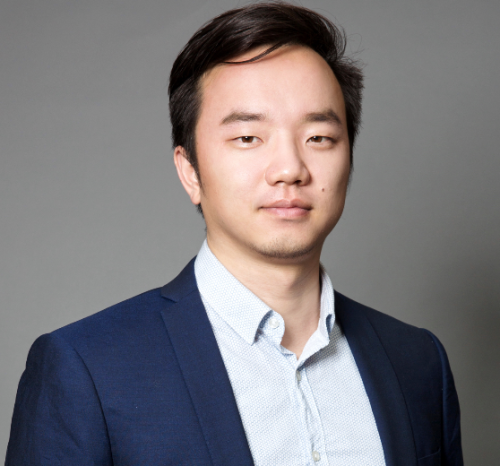
At Duke University Medical Center’s Hematology Department, Pei researched Huntington’s Disease as a first-year undergraduate. Later inspired by an education psychology course and compelled to learn his native language, he worked in comparative education in China and helped lead an education start-up from infancy to maturity at an international scale. Developing education programs that have shaped the lives of thousands of passionate students across the world has affirmed his appreciation for the extraordinary work of human development.
Pei Yen
Operations Director

Prof. Kunes has been on the faculty of Harvard University for thirty years, where he teaches courses in cell biology and neuroscience. His research is in the fields of neural development and memory. Prof. Kunes has many years of experience in high school education, helping multiple generations of high school students achieve their educational goals. He is passionate about inspiring young scientists to develop creative problem solving skills to make greater future contributions to society through research.
Dr. Sam Kunes
Program Director

At Duke University Medical Center’s Hematology Department, Pei researched Huntington’s Disease as a first-year undergraduate. Later inspired by an education psychology course and compelled to learn his native language, he worked in comparative education in China and helped lead an education start-up from infancy to maturity at an international scale. Developing education programs that have shaped the lives of thousands of passionate students across the world has affirmed his appreciation for the extraordinary work of human development.
Pei Yen
Operations Director

Martyna is passionate about biology and science education. She was a bronze medalist in the 2012 & 2013 International Biology Olympiads (IBO) and gold medalist in the Lithuanian National Biology Olympiad (LitBO) in 2011, 2012, and 2013. She is a published author on science competition preparation, founded an online tutoring community platform, and has mentored over several hundred students over nine years.
Martyna Petrulyte
Academic Development
OUR TEAM

Prof. Kunes has been on the faculty of Harvard University for thirty years, where he teaches courses in cell biology and neuroscience. His research is in the fields of neural development and memory. Prof. Kunes has many years of experience in high school education, helping multiple generations of high school students achieve their educational goals. He is passionate about inspiring young scientists to develop creative problem solving skills to make greater future contributions to society through research.
Dr. Sam Kunes
Program Director

At Duke University Medical Center’s Hematology Department, Pei researched Huntington’s Disease as a first-year undergraduate. Later inspired by an education psychology course and compelled to learn his native language, he worked in comparative education in China and helped lead an education start-up from infancy to maturity at an international scale. Developing education programs that have shaped the lives of thousands of passionate students across the world has affirmed his appreciation for the extraordinary work of human development.
Pei Yen
Operations Director
schedule dates
Student Arrival & Departure Schedule.
Student Arrival
June 23, 2026
Student Departure
July 10, 2026
Frequently Asked Questions
The tuition for the 2026 Bio Research Program is $9,950. This covers air-conditioned housing, academic facilities, laboratory materials, 3 meals a day, and planned group activities. It is an intensive program that makes use of weekends in the classroom and laboratory to achieve progress, rigor, and academic hours akin to a three-week program.
The program is designed for high school students who are passionate and strongly curious about the biological sciences. They should have exposure to molecular and cellular biology; want to eat, live, and breath research; and express their interest in future experimental work. Because students find inspiration at different stages, we will consider younger students whose application demonstrates advanced readiness for the curriculum. Advanced research concepts and research papers are made accessible to students through pre-program readings, during lectures, and via teaching assistant support.
Students will be under supervision at all times by either academic staff or residential staff, who will stay overnight in the same dorm area as the students. Students are not allowed off campus unless accompanied by a staff member. Emergency and medical support protocols meet common residential program standards.
Students will be paired up with one roommate in a double room, which is connected to another double-occupancy room in a suite style residential arrangement with a private bathroom. The residences are air-conditioned.
Students and families are welcome to arrive earlier in Boston to enjoy the historical and entertainment offerings in the city, however the program does not provide housing earlier than the official move-in date. If you are an international student traveling earlier or alone, we may offer advice on how best to make your own arrangements.
The academic staff will offer students feedback on both classroom and laboratory components. Professor Kunes cannot guarantee personal recommendation letters to any student from this program, but he is an experienced mentor to high school students and takes joy in advising students in the pursuit of future biology endeavors.
